EDITORIAL
Published on 06 Feb 2023
Editorial: Specific macroscopic brain changes in psychotic disorders
doi 10.3389/fnhum.2023.1141866
- 1,763 views
- 2 citations
6,239
Total downloads
29k
Total views and downloads
EDITORIAL
Published on 06 Feb 2023
ORIGINAL RESEARCH
Published on 10 Nov 2022
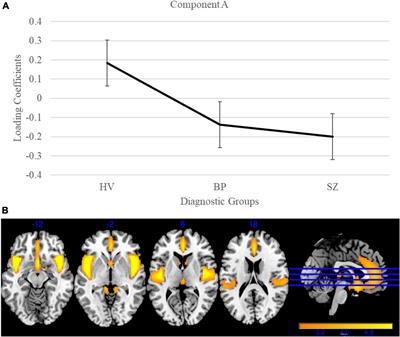
ORIGINAL RESEARCH
Published on 28 Oct 2022
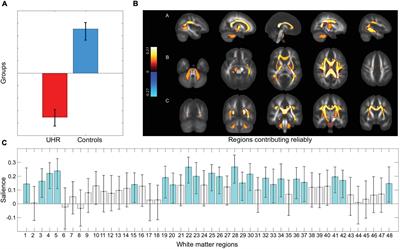
METHODS
Published on 23 Sep 2022

ORIGINAL RESEARCH
Published on 05 Aug 2022
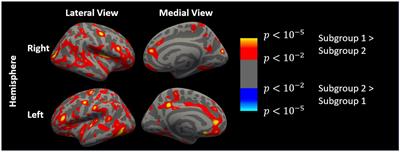
ORIGINAL RESEARCH
Published on 13 Jun 2022
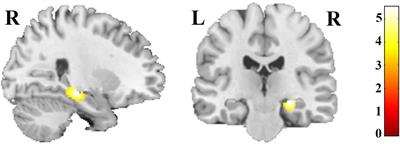
ORIGINAL RESEARCH
Published on 13 Jun 2022
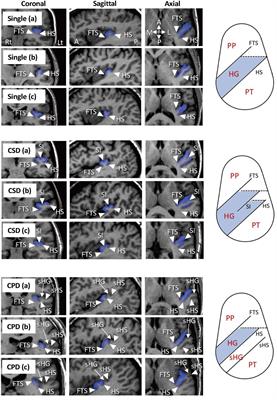
ORIGINAL RESEARCH
Published on 11 May 2022
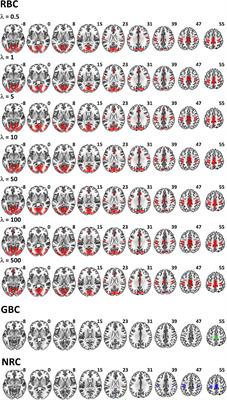
HYPOTHESIS AND THEORY
Published on 03 Mar 2022
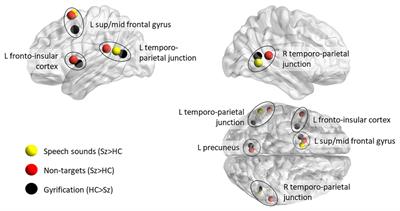
ORIGINAL RESEARCH
Published on 06 Dec 2021
